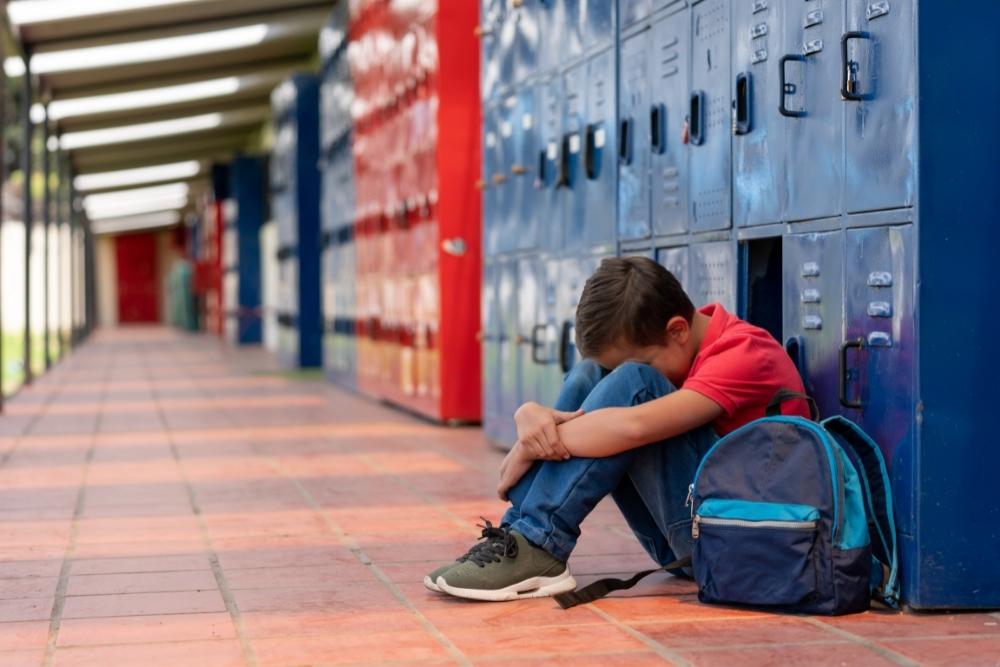
What Can Go Wrong When Choosing An International School For Your Kids?
What can go wrong when choosing an international school for your kids?
Susan could hear her son, Tim, crying inconsolably because he didn’t want to go to school. “Why?” she asked herself. He’s only 7 years old and attends one of the city’s best international schools. Susan and her husband had put in a lot of time and effort into finding the right school and wished she would have gone to a school like that when she was younger. What could possibly be going wrong?
Have you ever found yourself in a similar situation? Do you know anyone who is going through something similar?
Finding the right school for your child is difficult enough in the best circumstances. Migrating to a new country without a guarantee of a favorable result adds an additional layer of difficulty and uncertainty.
Here are some recommendations based on Francesca Cook’s interview to help you understand why this happens, and most importantly, how to avoid problems like this in the future.
 INFORMATION, INFORMATION, INFORMATION!
INFORMATION, INFORMATION, INFORMATION!
Gather as much information as you can. Reach out and talk to parents who have children enrolled in the school of your choice. The more, the better. Visit the school and get a “real” sense of the school’s setting and atmosphere.
The role of the parents is critical. However, it is not unusual for parents to be unsure of what questions to ask or where to acquire the necessary information needed to evaluate the schools they are interested in properly. Several websites provide information about international schools.
Try to separate promotional content from referral information by using free tools and resources available on the internet, such as a checklist of questions you should ask during a visit to a new school.
Connect with a community of international school parents if possible, allowing you to ask questions, raise concerns, and get the information you need.

 PARTNER WITH YOUR CHILD!
PARTNER WITH YOUR CHILD!
This is the best time to partner with and interact with your child, depending on their age, of course. Children, as digital natives, have an unrivaled capacity to conduct internet research. They can also connect with kids from other schools and ask them directly. They may often clear up their uncertainties and feel more at ease about the school they will eventually attend.
 DON’T FOCUS ON TECHNICAL ASPECTS!
DON’T FOCUS ON TECHNICAL ASPECTS!
At least not exclusively. Most of the information concerning international schools focuses on the “technical” aspects of the schools, including their academics, results, campus, facilities, location, all of which are important factors to consider. Still, you should also take into account the atmosphere of the school:
– Is there bullying?
– Are there any precautions in place to protect students from disruptive conduct and bullying?
– Does the school have an approach to wellbeing and mindfulness?
– What are the disciplinary and attendance practices?
– Do students behave respectfully?
– Are teachers well trained?
– What are the school’s expectations?

It is not always simple to uncover information regarding the school’s environment or culture. Nonetheless, it may make a significant impact on how your child settles in and their overall learning and experience.
Finally, don’t forget that your family’s approach to relocating to a new country/city/school has a significant impact on how your child responds to moving and whether they feel supported in the transition to a new culture, country, school, or a new group of friends.






